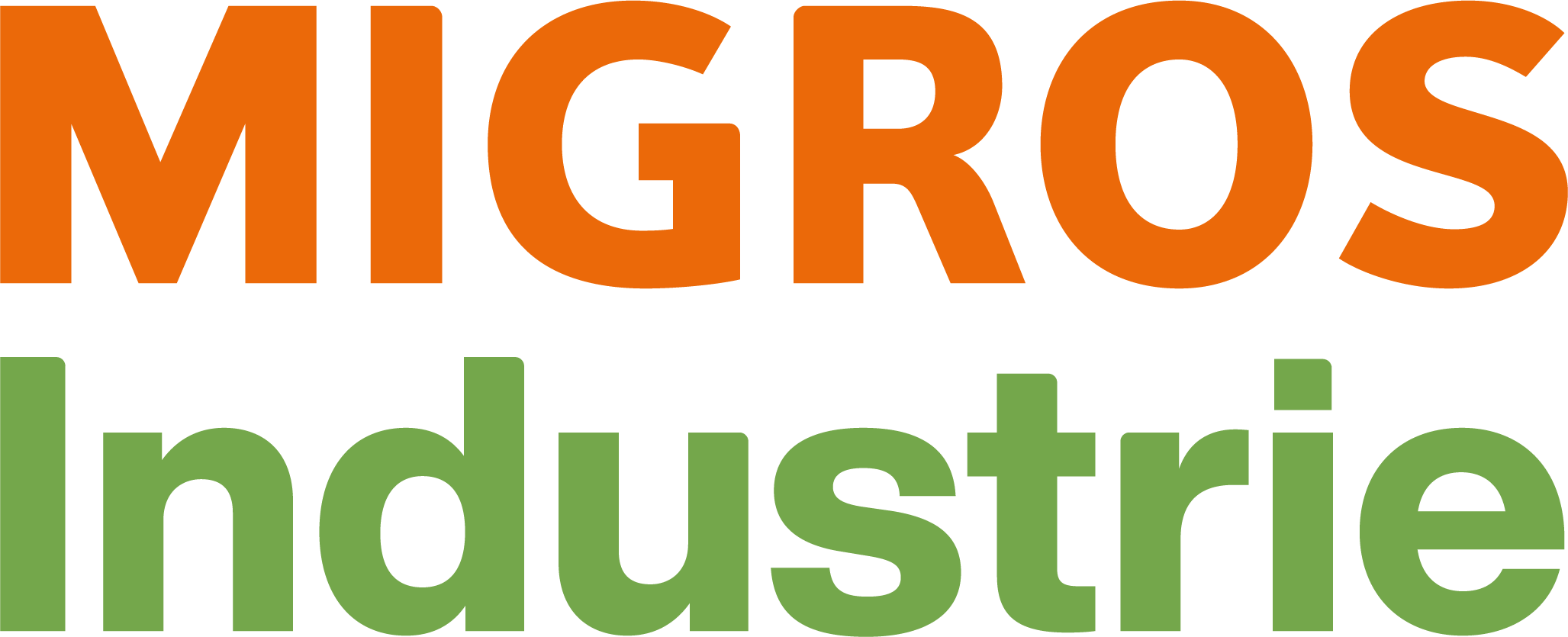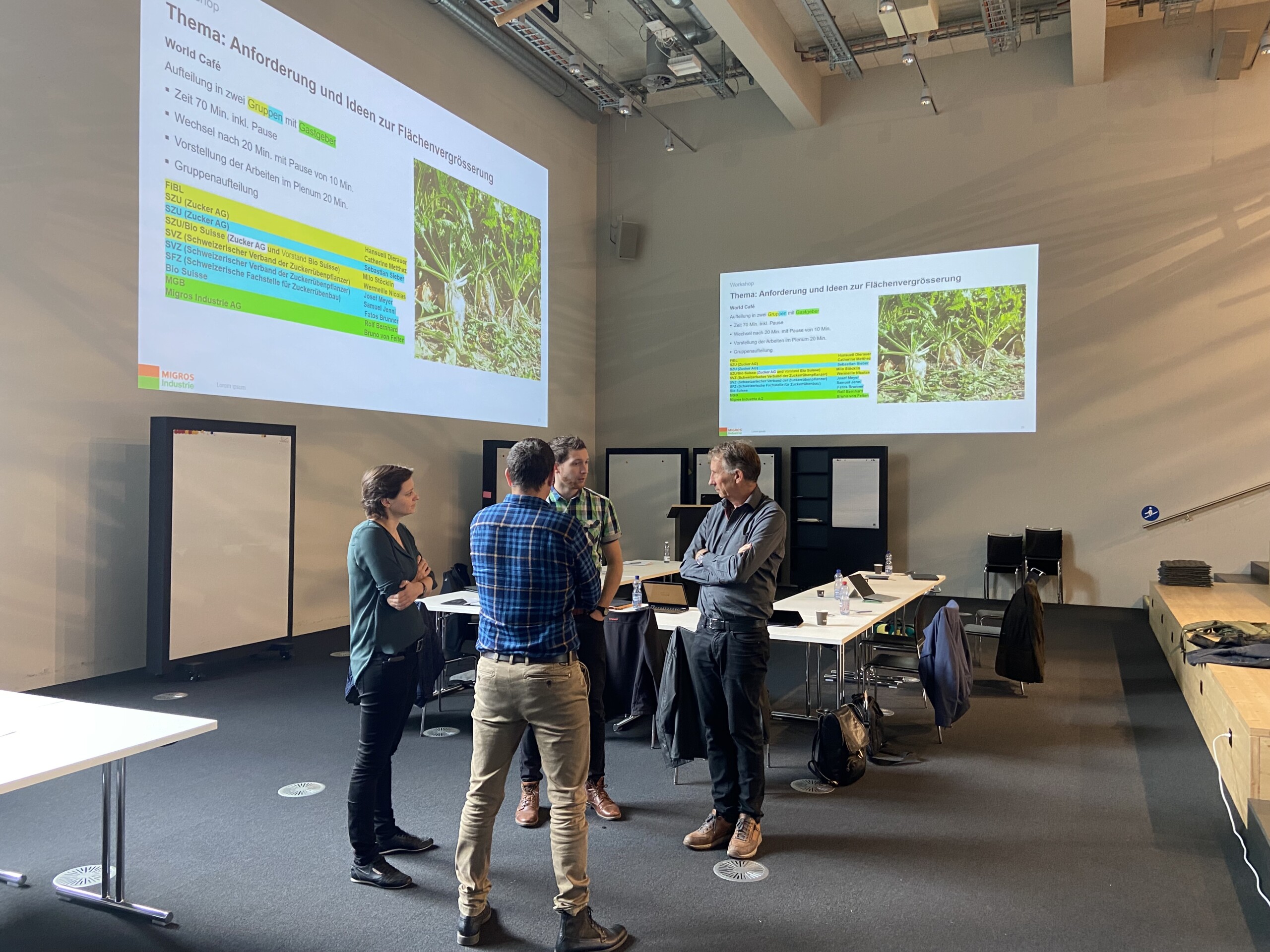Until now, organic products from Migros were marked with their own organic label. With the change to the Bio-Suisse label, the requirements for sugar cultivation must be adapted. Arable land of organic sugar is to be increased by 170 – 200 hectares. This requires skillful cultivation planning.
Joint project between representatives of Migros, research and sugar plants
At the round table on November 4 at MINDspace in Buchs, experts from the fields of research, cultivation, technology, processing and organic organization discussed the challenges in cultivation planning and deepened their insights in a workshop. Following the Round Table, a project team was formed to drive this issue forward. In addition to representatives from Migros Industrie and the Federation of Migros Cooperatives, the team includes representatives from Bio Suisse, Schweizer Zucker AG, the Swiss Sugar Beet Growers Association SVZ and the Research Institute of Organic Agriculture FiBL.
The newly formed project team will now address these challenges and strive to find suitable solutions within the next five years. In order to achieve the formulated target, the Migros Group must, for example, conclude longer-term purchase agreements and pay appropriate prices for goods that are converted to Bio Knospe Suisse.
Challenges in sugar cultivation
This project is pushed by Bruno von Felten. He is CCE Material Group Manager Products sweet/salt at Migros Industrie. Regarding the possible topics that the project team could take on, Bruno said: “There are a number of challenges to be overcome in the future cultivation of Swiss organic sugar. Larger acreages require more labor hours and therefore higher costs. To keep costs down, resistant sugar varieties are to be promoted and further developed. Centralized organization of weed controllers is also important.” In general, cultivation must be made more efficient, says Bruno von Felten.

